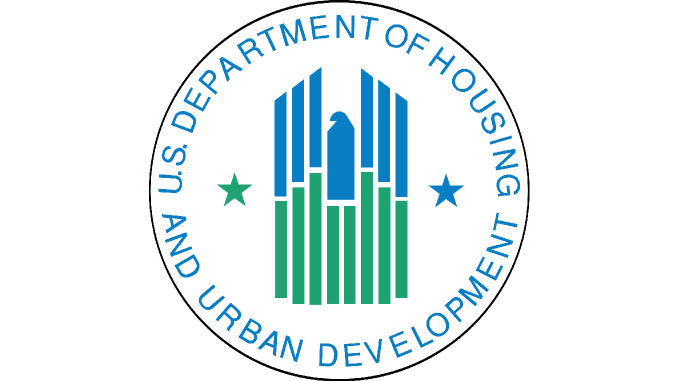
This morning I was invited to speak to the Sun City Republican Tuesday morning meeting regarding the FHA Free Assumability clause. As you can imagine the majority of the conversation focused on the Sun Cities and other retirement communities. I also mentioned other transactions and locations experiencing FHA loan denials.
Let’s review what FHA is, and is not. FHA is NOT a lender. FHA is NOT an investor. FHA IS the world’s largest mortgage insurer.
FHA mortgage insurance protects lenders against loss in the event the borrower defaults on the loan. Remember, FHA was begun in 1934 at the height of the Great Depression by President Franklin Delano Roosevelt to encourage lenders to make home loans. In order to receive this insurance, the loan must meet FHA underwriting guidelines (criteria). FHA was designed to provide lending in communities when private lenders were unable or unwilling to lend.
FHA operates just as any other insurance program. FHA borrowers pay a Mortgage Insurance Premium (MIP) which is deposited into a fund to operate the insurance program and pay claims. FHA is required to maintain certain capital reserves so that they can pay claims, rather than the taxpayer. Currently, the fund stands at 2.32%, a little bit more than the 2% mandated by Congress.
FHA is part of the Department of Housing and Urban Development (HUD) and both Congress and the President have input into their programs.
With that background, let’s look at the current FHA issue: Free Assumability. The policy basically says FHA must be able to foreclose, perform a Deed-in-Lieu of Foreclosure or assign the mortgage to the Secretary without limitation or restriction.
Currently Sun City and other retirement communities violate the Free Assumability Clause with mandatory Rec Center or Capital Preservation Fees, so FHA is denying purchase loans, refi’s and Reverse Mortgages.
FHA Free Assumabilty loan denials are not limited to retirement communities. It affects houses with rooftop solar leases, non-age restricted communities with mandatory Capital Preservation Fees, and other leased or financed items attached to real estate. Anything that requires FHA to do something or pay something as a condition to taking title to the property they insured the loan on, that is now in default.
Until last Fall, FHA did not think of reading community governing documents to determine Free Assumabilty issues. That is when they discovered they had made loans in the past, that contradict their underwriting criteria. That had to change, and as a taxpayer, you probably agree.
In December 2016, WeMAR contacted FHA in Washington, D.C. through the National Association of REALTORS® (NAR) representative to FHA, who works with FHA every day. FHA acknowledge they are aware of the issue and it is nationwide. As you can see, it is also a multi-topic issue.
It will take FHA a very long time to tackle this issue. First, they will have to determine which issues to exempt from the Free Assumability Clause, if any, and under what circumstances the exemption will occur. After that, Congress and the President will weigh in. That by definition is a multi-year process.
WeMAR thinks a better solution is for residents, real estate agents and brokers, and lenders to petition community management and HOAs. Explain how this policy is affecting homeowners, potential homeowners and the ability to buy, sell or mortgage homes. Ask the community management to review the governing documents and perform an analysis of the possible financial and non-financial impact on the community if an exemption is made for FHA Foreclosures, Deed-in-Lieu of Foreclosure and mortgages assigned to the Secretary.
If the community wants to allow FHA products to be exempt from otherwise mandatory fees, do they want to exempt all FHA products or only particular FHA products?
As I was writing this summary, I received a call from a REALTOR® who had just received a FHA loan denial on her buyer. The buyer was attempting to purchase in Surprise Farms. A large, non-age restricted development in Surprise, Arizona. The FHA loan denial came about because of a $500.00 mandatory Capital Preservation Fee.
I have offered and continue to offer my services to communities and neighborhoods affected by this issue. I will speak to your group of residents, your HOA or a group of real estate licensees. I will provide information and suggest items to consider and pathways to possible governing document amendments. And I will send your community management a letter explaining the FHA Free Assumabilty issue and its effect on property owners. Email or call me.
In the meantime, property owners, buyers, real estate agents and communities should make themselves aware of other loan products and real estate tools in order to continue real estate activity until a decision is made on amending governing documents to allow one or more FHA products. Life Estate sales, private lenders, conventional loan product (both government and non-government backed) and other real estate tools may be useful.
